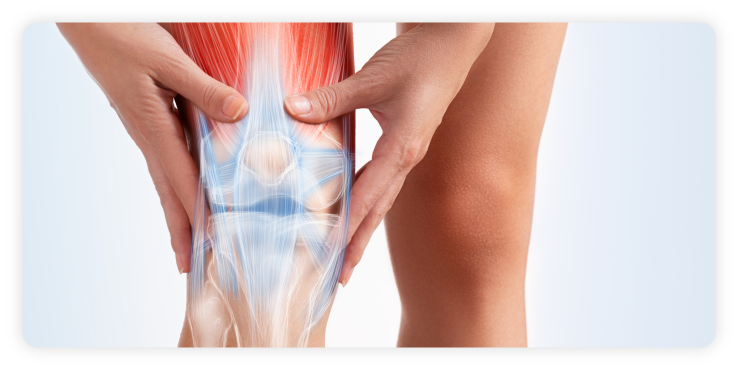What is Foot Drop?
Foot Drop, sometimes called Drop Foot, is a general term for difficulty lifting the front part of the foot or front of the foot might drag on the ground when walking. Foot Drop is not a disease but a sign of an underlying neurological, muscular or anatomical problem. This condition is usually temporary but it can be permanent as well.
What causes Foot Drop?
There are several causes of Foot Drop. Foot Drop is caused by weakness or paralysis of the muscles involved in lifting the front part of the foot. The most common cause of Foot Drop is compression of a nerve in the leg that controls the muscles involved in lifting the foot (peroneal nerve). This nerve can also be injured during hip or knee replacement surgery, which may cause Foot Drop. A nerve root injury in the spine can also cause Foot Drop. People who have diabetes are also more susceptible to nerve disorders that are associated with Foot Drop. Various forms of muscular dystrophy which is an inherited disease that causes progressive muscle weakness can contribute to Foot Drop. Lastly, brain and spinal cord disorders that affect the spinal cord or brain such as Amyotrophic Lateral Sclerosis (ALS), Multiple Sclerosis, or Stroke may also cause Foot Drop. A chiropractor in Singapore may assist in identifying contributing factors and offering supportive care options.
Foot Drop Treatment
Physical therapy can help with treating Foot Drop. Apart from manual therapy, a physical therapist will also prescribe specific exercises that strengthen the leg muscles and help maintain the range of motion in the knee and ankle, which will improve gait problems associated with Foot Drop. A brace for the ankle and foot or splint that fits into the shoe to help hold the foot in a normal position may be recommended as well. Depending upon the cause and if the Foot Drop is relatively new, nerve surgery might be helpful as stimulating the nerve that lifts the foot may also improve Foot Drop. If in doubt, please seek professional advice.
Looking for Support with Foot Drop?
If you’re managing symptoms of foot drop, seeking professional care may help improve function and mobility. Visit our chiropractic clinic in Singapore to learn more about possible treatment approaches tailored to your condition.
Check out our popular articles: Diastasis Recti, Tight Back Muscles, Irritable Bowel Syndrome (IBS), Temporomandibular Joint (TMJ) Dysfunction, Tennis Elbow, Wrist Tendon Injury, Sciatica, Whiplash, Hernia, Herniated Disc (Slipped Disc).






